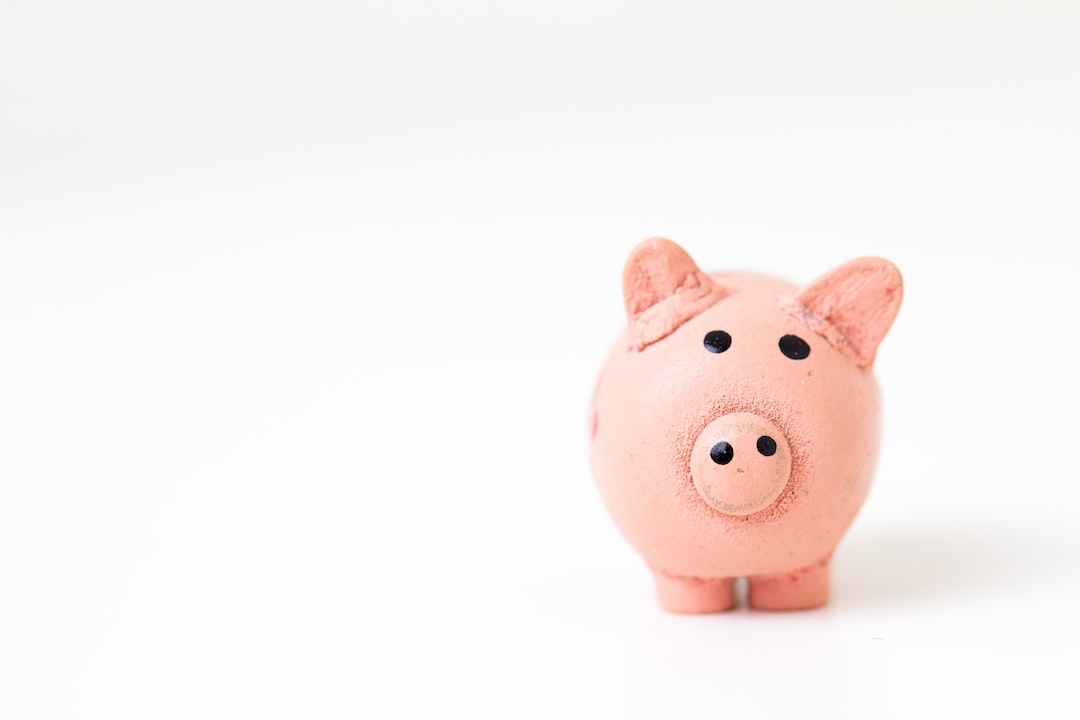
Fast Secured Loans Updated 2023 Guide
Fast secured loans offer quick access to financing by using your valuable assets, such

Why You Should Take Out A UK Secured Loan For Debt Consolidation
Learn why you should consider a UK secured loan for debt consolidation and get the facts now! Find out how this type of loan can help reduce stress levels, offer competitive interest rates, and provide peace of mind.

Santander Secured Loans 6.1% Fixed For Life With A Free Home Valuation
A new product from 1st February 2023, unavailable on the comparison engine sites, Santander

Unlock the Benefits of Barclays Unsecured Personal Loans!
Discover the advantages of Barclays Unsecured Personal Loans – from fixed interest rates to debt consolidation, find out how you can benefit today!

Unlock the Benefits of Virgin Money Secured Loans
Unlock the benefits of Virgin Money Secured Loans – competitive rates, flexible repayment options and a bespoke panel of UK lenders. Get the right loan for you today!

Fluent Money Secured Loans – CCJs, Arrears & Defaults OK
Secure your future with Fluent Money Secured Loans! Get a free quote and access low-interest rates, even if you have CCJs, arrears or defaults. Get the best loan for your home, flat or commercial property today!

TSB Secured Loans – Discover Your Financial Freedom Today
Secure your financial future with TSB secured loans. Get access to funds quickly and easily with fixed and variable rates available. Unlock your financial freedom today!

Secure Your Future with Norton Finance Secured Loans!
Secure Your Future with Norton Finance Secured Loans! Get access to fixed and variable rates from £3,000 up to £500,000. Learn more about the advantages and disadvantages of taking out a loan with Norton Finance.

Tesco Secured Loans – Unlock Your Financial Potential Today
Unlock your financial potential with Tesco Secured Loans! Get access to competitive rates, fast and simple eligibility checks, and a bespoke panel of UK lenders. Explore the benefits of tesco secured loans today!